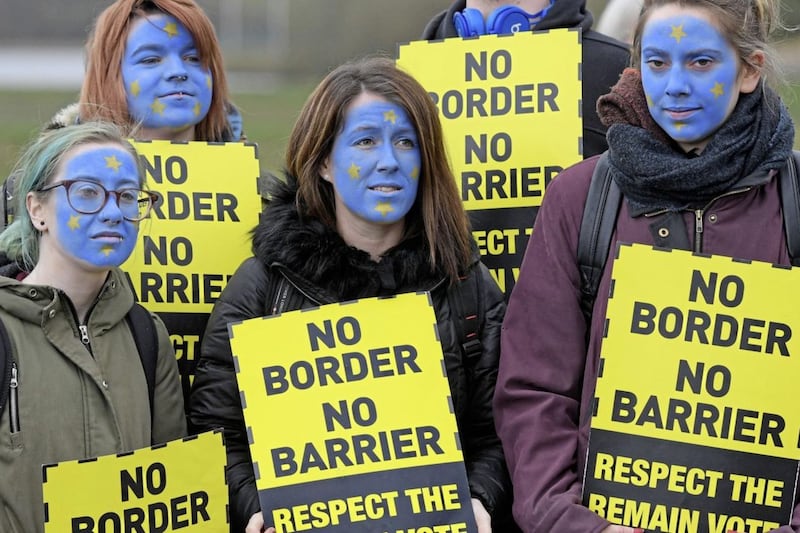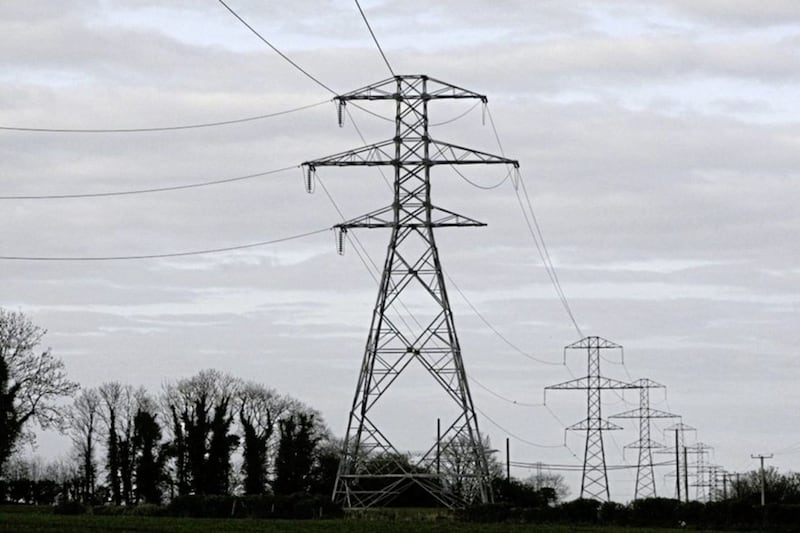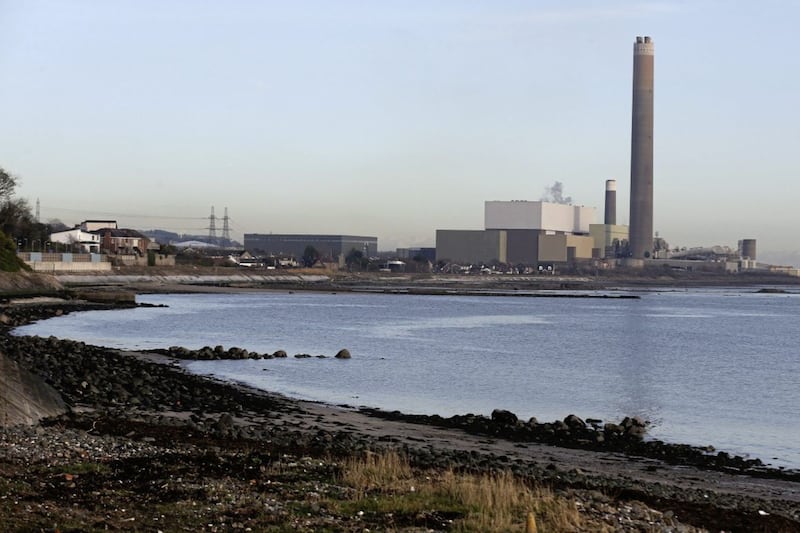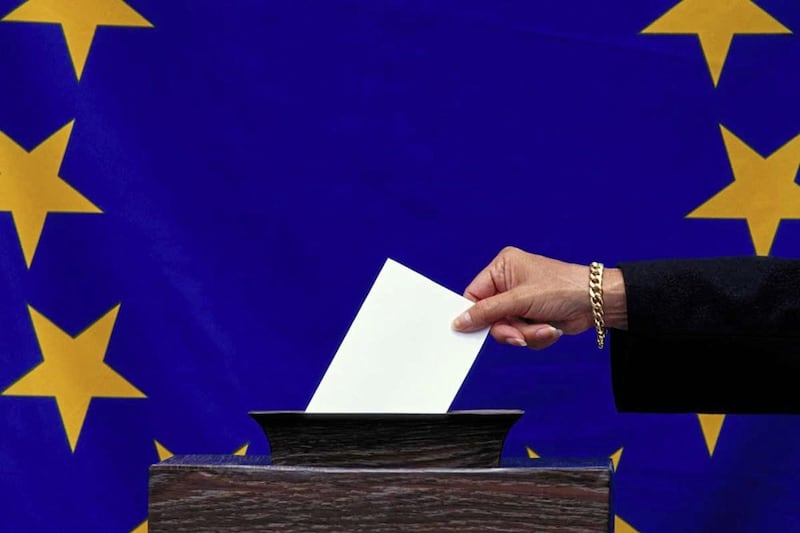SINCE there is plenty of scope for mishaps on a foreign holiday, it’s never encouraging to see risks looming even before you’ve left the house. But that’s what’s been facing prospective Ryanair passengers, my family included, this summer. Strikes by pilots, strikes by cabin crew have been making a lot of travellers nervous.
Worried that our flights to Porto might be cancelled, we went to the extra expense of purchasing outward bound tickets from Aer Lingus to another Portuguese city to safeguard our bought and paid for hotel stay. In the event the back-up scheme wasn’t required, but it was an unwelcome additional cost.
Continuing industrial action must surely be causing some to have second thoughts about booking with Ryanair. A few may even be thinking, after disruption to their holiday plans, that they’ll never ever buy another ticket from the giant no frills airline. But then Ryanair’s chief executive Michael O’Leary has famously said his booking system is “full of passengers who have sworn they will never fly with us again”. It’s a typical O’Leary response. Instead of mollifying cheesed off passengers, he just dismisses their boycott threats. It’s public relations but not as we know it.
O’Leary’s combative style seems the antithesis of the approach a boss of a services company should be taking. But passengers seem ready to discount it because they know what O’Leary does is far more important than what he says.
Some years ago, I got a revealing insight into the other more significant side of the airline boss at a Ryanair press conference in Belfast. By accident I arrived early at the event just as the press releases were being laid out on seats for reporters. Nothing unusual except in this case it was the chief executive himself distributing the handouts. In my lengthy career as a business journalist I have never seen any other boss of a major company undertaking such a low level task. For O’Leary, however, no issue to do with his company is too minor for him not to take an interest in. Attention to detail is one of the the factors that makes Ryanair hugely successful.
Over 100 million passengers flew with Ryanair last year because the airline spends a lot of effort keeping costs and fares low and ensuring flights are punctual. But there’s another reason why the company attracts new trade. Ryanair gets to parts other airlines do not reach. If you want to fly to Porto direct from Ireland, you have to travel with Ryanair. That’s true for a fair number of destinations.
As I was writing down some of these thoughts in my hotel room in Porto, I had a chance to survey another service industry operating in the road below. Buskers were taking advantage of the pedestrianised street to vie for holidaymakers’ money.
Each performer had something different to offer. It was not from choice but necessity. Identical acts would have struggled to get a living. One pair playing a dulcimer and a kalimba were so good I bought their CD. These guys attracted support because of their unique musicianship.
A drummer distinguished himself by his appearance. He wore a white mask and small bowler hat as he produced his rhythms. Why? I don’t know.
Most were solo performers but there were exceptions. A group of medical students all dressed in black were raising money for some cause. I’m not sure what but they were entertaining.
All were musically talented apart from one man who simply made a noise with an accordion. He recognised he wasn’t going to pull in the cash with the quality of his playing. Instead he displayed a sign in English which informed passers-by that he had lost his parents and needed their support. The choice of language was interesting. I would guess the vast majority of those going up and down the road were not from English speaking countries. But on the street as in the rest of business, English is the international language of trade and commerce.
Busking may be a long-standing tradeable service, but it is subject to disruptive technology like any other. The activity relies on people carrying change. In a holiday setting, that’s a reasonable expectation. But nowadays with the ability to pay even small amounts by bank card, more and more of us are getting by without having coins jingling in the pocket. In time that’s likely to reduce takings for street performers.
Busking and the budget airline holiday business may not look similar but they do have quite a bit in common. Neither is a necessity. They both have lots of competition. New performers and new routes are constantly entering the market. Only the most appealing survive.
As part of the gig economy, busking seems to me a tough old trade. While I admire their dedication, I’m not comfortable performers have to depend on the whims of the rest of us for their livelihood.
For different reasons, I’m not entirely relaxed relying on an airline with troubled industrial relations like Ryanair. I’m sure I’m not alone feeling like this. While I recognise it takes two to tango, it might help if the company was less combative with unions. Adopting a new approach shouldn’t prove too big a step. Michael O’Leary already admitted being nicer to passengers has worked for Ryanair. Perhaps he will draw the same conclusion about relationships with his unionised workers.
:: Jamie Delargy (delargyco@btinternet.com) is a freelance business broadcaster and commentator.









